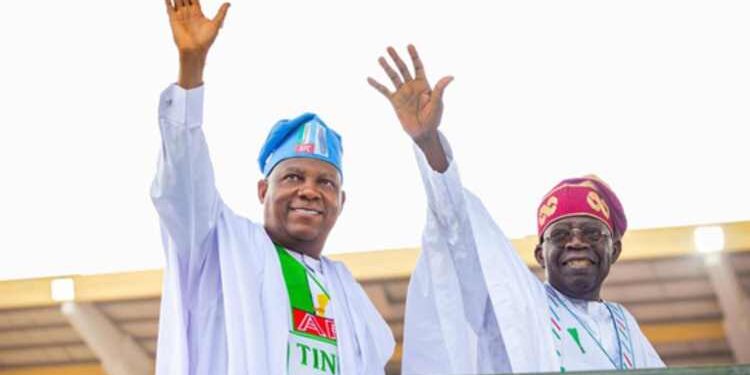The Supreme Court on Thursday affirmed the election of Bola Tinubu as Nigeria’s president in the 2023 general election.
Atiku and Obi asked the court to declare each of them the winner of the election and pleaded with the election tribunal to nullify the declaration of Tinubu’s election by the Independent National Electoral Commission (INEC) as elected president. Both were dismissed and approached the Supreme Court.
At the Supreme Court, Atiku sought to present new evidence of alleged forgery against Tinubu but was dismissed on Thursday because the appeal was not part of the initial prayer at the tribunal and the duration for filing new evidence had elapsed.
Justice John Okoro said the appellants did not apply for an extension of time or apply to amend their appeal and introduce the issue of forgery and even if they did, it would not have been granted.
On the plea that Tinubu cannot be declared president for failing to win 25% of votes in the FCT, the Supreme Court upheld the decision of the Tribunal which ruled that Abuja/FCT should be treated as the 37th state in Nigeria for the purposes of calculating the two-thirds majority required for a presidential candidate to be declared the winner of an election.
Also, the Supreme Court ruled that the election of President Tinubu cannot be nullified because of failure of the Independent National Electoral Commission (INEC) to transmit electronic result electronically.
“The unavailability of the iREV cannot be a ground for the nullification of the election,” Justice Okoro said. “The failure to transmit results to iREV did not affect the results of the election.”
The justices said the matter had been addressed in a previous judgement by the Supreme Court.
The Supreme Court in May dismissed the suit filed by the PDP.
A five-member panel of the Supreme Court held that the PDP lacked locus-standi to institute the suit.

